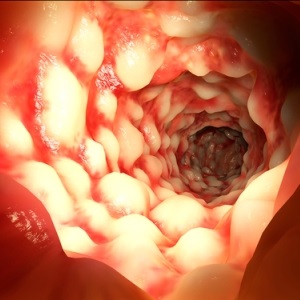
Summary:
One of the infectious diseases that take advantage of the weakened immune system in someone with Immune Deficiency disorders, such as HIV/Aids.
Alternative names:
None
What is this?
An intestinal infection which causes severe diarrhoea and physical wasting in people with a damaged immune system, such as HIV/Aids. It is due to an infection with microscopically small protozoal parasites belonging to the microsporidia family (some 14 different varieties can infect humans). It typically arises when the CD4 + T4 cell count falls below 100. It is also seen in some recipients of organ transplants. Some varieties of these organisms may also cause diarrhoea in people without immune deficiency.
What causes this?
It can be caused by a number of different microsporidial parasites, which may inhabit many different species, including honey bees, parrots, fish, grasshoppers, mosquitoes, ticks and rabbits. They have to live within other living cells, though they can form spores which can survive outside of animals and in the environment for quite a long time. We may catch the infection by eating or inhaling such spores.
What are its symptoms?
These depend on the exact variety of microsporidia, and on the individual's immune status and general well-being. Typical symptoms where the disease is limited to the gut are chronic diarrhoea, with loose, watery motions which are not blood-stained; nausea, vomiting and abdominal pain, and weight loss, but not fever. Where there is more severe immune deficiency the infection may spread, and include chest infections, kidney failure, nasal sinus infections, and eye infections. Other symptoms can include muscle pain and weakness, and even brain infections.
How is it diagnosed?
A careful history and physical examination may help. Where it is suspected, stained samples of stool examined under microscope may reveal the organisms. Other tests such as polymerase chain reactions can identify some specific species of the organism, but are not yet generally available. Bowel biopsy is also used.
How is it treated?
In the first place, management of the diarrhoea is urgent, and includes fluid replacement and adequate nutrition. Medication such as albendazole can be very effective in some types of microsporidia, and must be continued, as relapse is otherwise quite common. Topical fumagillin is also used. Competent antiretroviral therapy, enhances immune functions, and often enables the intestines to heal, clear the parasites, and improves symptoms.
What is the prognosis?
This condition usually arises in people with severe immune suppression, and the long-term outlook is generally not good.
When to call your doctor.
If chronic diarrhoea, especially with other relevant symptoms, arises in someone with immune suppression.
How can it be prevented?
People with immune suppression should maintain careful hygiene, hand-washing, and make sure they cook their meat thoroughly. The infection can be sexually transmitted, so partners should be warned to be cautious.




 Publications
Publications
 Partners
Partners















